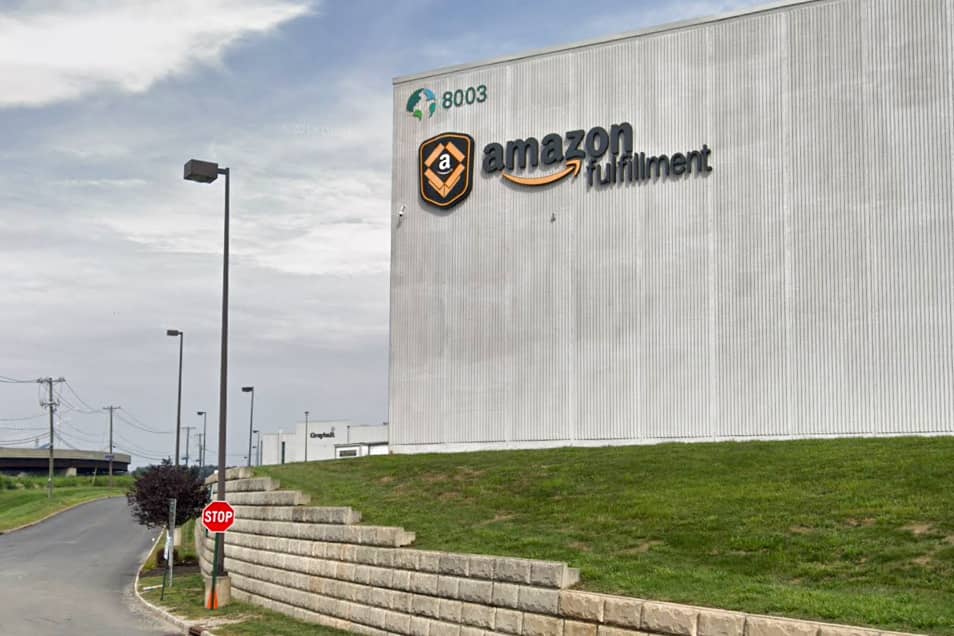This post was originally published on this site

Come on, Amazon, do we really need another headache?
I’m not talking about you missing third quarter earnings last week. I’m talking about the article in the Wall Street capitalist-defending-Journal (not the New Yorker).
Amazon, it seems, is one of the few retailers that did not sign a pledge refusing to consign, purchase, or sell apparel from a list of 300 factories in Bangladesh that were found unsafe, following the 2013 building collapse that killed over 1,100.
The dilemma for our firm relates to how we feel about Amazon stock. We only own 35 names, so each piece of portfolio real estate is valuable. Amazon sits on one of those lots and it’s been a strongly appreciating asset. We’ve overlooked stories of speeding delivery drivers who, allegedly, hit cyclists or pedestrians; of warehouse workers complaining about oppressive demands; and the decimation of major swatches of American retail as Amazon conquers each sector it enters.
This recent finding, however, hits a nerve that reflects a growing emphasis on the meaning of responsible investing. At our firm, we eschew tobacco and firearms stocks and run a group of accounts fossil free (by request), but we generally have avoided playing “ethics cops.”
It becomes extremely complicated to define “bad actor” among public companies and to draw the line between acceptable and unacceptable behavior. If we take a strong pro-environment line, we might screen out all energy, mining, materials, chemical, paper, hazardous waste-producing, and semi-conductor companies (I know I’m missing several industries), which pollute the land, air or water. We might find disturbing labor practices at hotels, restaurants, retailers, and call-centers. By the time we blacklist any platform on which we could find child pornography, lose our privacy, and purchase dangerous or illegal products, we are down to about 10 names from the S&P 500.
Invariably, clients hire us to create a portfolio of very attractively priced stocks whose characteristics and business qualities represent compelling opportunities we can support. Our primary goal is to beat the market. Knowing a firm’s management style and strategy helps to anticipate a culture that might display problematic behavior in the future, but that’s no assurance that companies won’t find their way to the dark side.
While we truly want to practice responsible investing, I can imagine how the search to uncover possibly disqualifying behavior can become paralyzing. If, for example, we were to question a veterinary medicine company we own about the specifics of its clinical trials and how many animals were sacrificed in the pursuit of each new therapy it develops, we could spend considerable time, manpower, and resources.
As we stagger down one rabbit hole after another, how would we decide when we had learned enough to make a purchase of the stock? How do we decide where a newly revealed transgression is sufficient to trigger a sell? As I look over our names, I can force my mind to wander toward all types of inquiry; the quest is endless.
If corporations violate health, safety, employment, and environmental standards, there are laws and regulating agencies that are charged with designing and enforcing these rules. However much we wish for exemplar behavior in our portfolio companies, we see the need for some external policing forces.
As for Amazon, the market didn’t seem to pay any attention to the apparel story. The stock opened at $1,765 on the day of the article and closed at $1,791 a week later, slightly underperforming the market, but reasonable considering the tepid earnings report. We believe that Amazon remains, despite some warts, an exceptional growth engine that we should still own.
This doesn’t mean that we do nothing. Out investment team sat down to discuss this topic. We examine every stock carefully on a case by case basis, eliminating most along the way. As one of my partners said about corporate behavior that would be a disqualifying factor in owning a stock, “We know it when we see it,” paraphrasing Supreme Court Justice Potter Stewart in his 1964 description of obscenity.
Still, Amazon might find that some large investors with much more clout than we have, can wield their influence. The easiest path, Amazon, might be to pull it together and find a way to stop allowing product from those factories on your website.
Editors Note: An Amazon spokesman told The Wall Street Journal that the company inspects factories that supply its own products, but not factories making items it buys from wholesalers or third-party sellers. “If we become aware that a product is from a factory that may not meet our supply chain standards, we will remove the product from our store,” the spokesman said.


